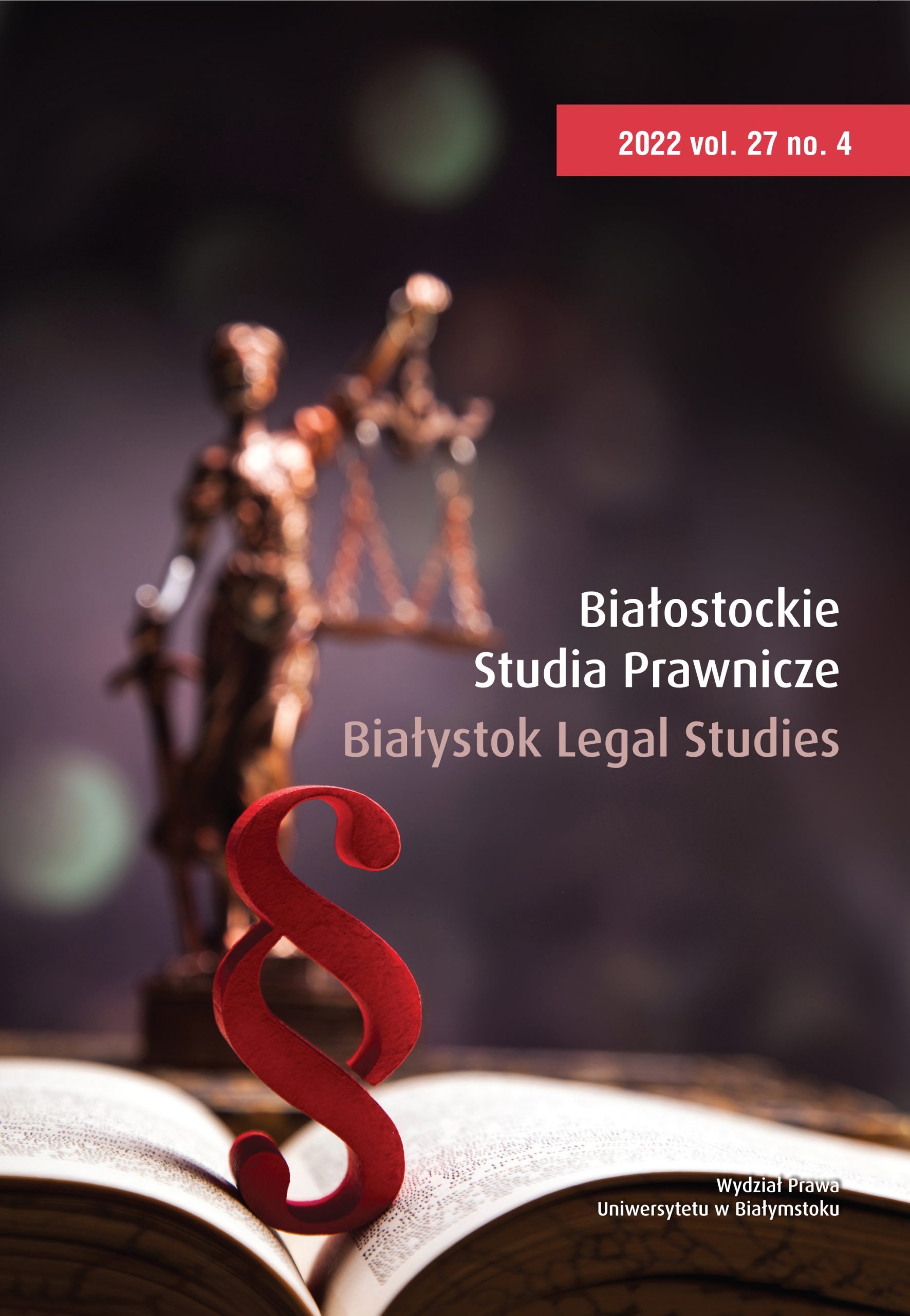Poles’ Attitudes to the Concept of Whistleblowing. Historical and Present Background
Poles’ Attitudes to the Concept of Whistleblowing. Historical and Present Background
Author(s): Magdalena Kun-BuczkoSubject(s): Sociolinguistics, EU-Legislation
Published by: Temida 2
Keywords: compliance; informing; whistleblower; whistleblowing procedures;
Summary/Abstract: The issue of whistleblowers is one of great interest and controversy because of EU Directive (EU) 2019/1937 of the European Parliament and of the Council of 23 October 2019 on the protection of persons who report breaches of Union law. While the English meaning of “whistleblowing” is inherently positive and not associated with anything negative, the Polish translation of the word, “sygnalista”, often does not evoke positive associations. Blowing the whistle versus snitching are two types of activity and it is important to understand the essence of these terms. Unfortunately, the linguistic connotations indicate that Poles do not always read the proper intentions when hearing the word “whistleblower”. Whistleblowing is often seen in Poland as a reprehensible activity, and whistleblowers are usually referred to as denouncers. The meaning of the word “whistleblower” in Poland is rather pejorative. European history, experienced through Nazi practices, the spying age of the Cold War and invigilation by the Soviet Union, has developed firmly established hostility against so-called informers. That is why it is so difficult to attain a level of positive understanding of the meaning of this word in Poland. The current realities of operating an organization, regardless of its legal nature, force it to conform to certain standards. These standards, arising either from legal norms or good practice, form the so-called compliance system. Regulations on whistleblowing are inevitably part of it.
Journal: Białostockie Studia Prawnicze
- Issue Year: 4/2022
- Issue No: 27
- Page Range: 121-134
- Page Count: 14
- Language: English

